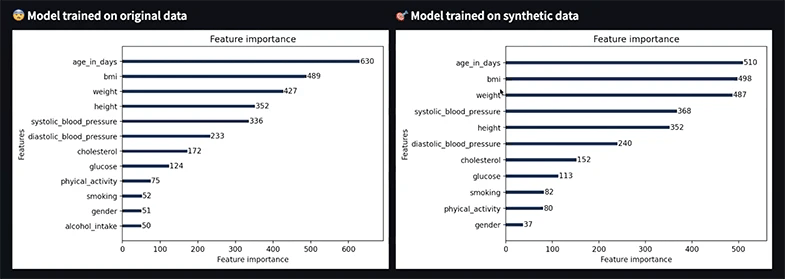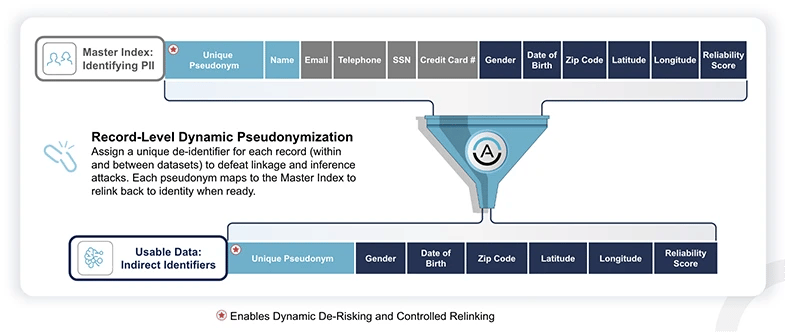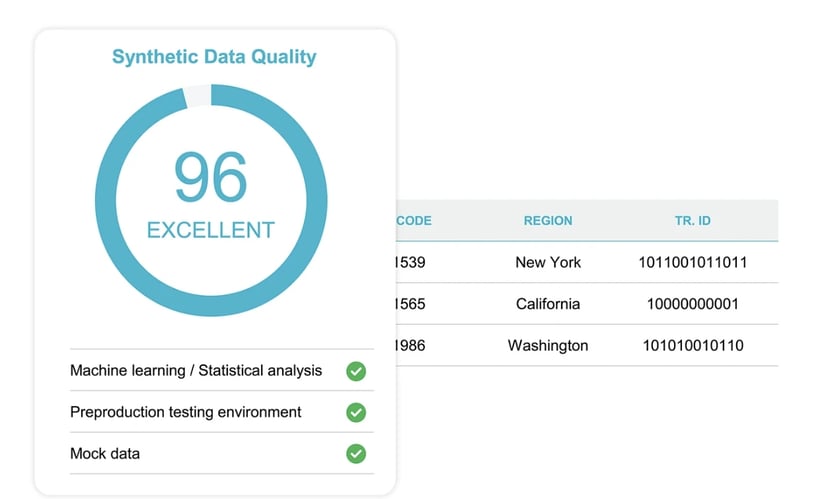Data fuels business growth. It also presents regulatory challenges, especially in China's data privacy landscape. If you're reading this article, you probably want to know about China's cross-border data transfers and how to handle the challenges.
In this blog post, we’ll answer the following questions:
In this blog post, we’ll answer the following questions:
- Why does PIPL make cross-border data transfer more challenging?
- How do you navigate the China cross-border transfer requirements?
- How can you use anonymization to make data transfer compliant under PIPL?
Why does China's Personal Information Protection Law (PIPL) Make Cross-Border Data Flows More Challenging?
China is a powerful player in the global market. The demand for technological expertise in China is growing rapidly. This creates a gap between the need for skilled tech professionals and their availability.
This gap increases service costs for multinational corporations (MNCs). It also makes data collaboration across borders more complicated. China's Personal Information Protection Law (PIPL) has complicated the environment. It introduces strict data export restrictions that affect cross-border data flow.
The key factors that make cross-border data flow harder under the PIPL include:
For example, one of the Chinese data protection authorities, the Cyberspace Administration of China (CAC), has put forward a Draft Rule suggesting exceptions in certain situations.
This includes data not created or obtained from China and personal information of fewer than 10,000 individuals meant to be sent across borders within one year. This evolving scenario offers a hint of simplification in the complex web of international data transfers.
But, understanding the legal stipulations and managing data is essential. MNCs must also use privacy-enhancing technologies to compete globally and follow regulations.
This gap increases service costs for multinational corporations (MNCs). It also makes data collaboration across borders more complicated. China's Personal Information Protection Law (PIPL) has complicated the environment. It introduces strict data export restrictions that affect cross-border data flow.
The key factors that make cross-border data flow harder under the PIPL include:
-
Stringent data export restrictions: Under the PIPL, all businesses processing, handling, or transferring personal information of Chinese nationals outside the country must get the Chinese government's approval. This process includes a mandatory security assessment, adding layers of bureaucracy and potential delays for companies.
-
Data localization requirements: The PIPL mandates that certain data types be stored within China. Companies are compelled to change their data handling and processing infrastructure. This can result in higher operational costs and more complications.
-
Explicit consent for data transfers: The PIPL emphasizes the need for explicit consent from data subjects for such transfers. Organizations must ensure they have clear, informed consent from individuals. Data being transferred across borders adds an additional layer of complexity.
-
Comprehensive data protection obligations: Companies must adhere to strict data protection obligations, including security measures for data exported, retention policies, and procedures for data breaches. These obligations increase the responsibility and liability of companies in handling personal information.
-
Risk of legal repercussions: Non-compliance with PIPL's provisions can lead to significant penalties. This legal risk often requires extensive changes to the company’s existing data handling practices.
- Impact on international business operations: The comprehensive and strict nature of PIPL regulations affects how MNCs operate internationally. Companies must adapt their business models and data management strategies to comply with PIPL, impacting their global operations.
For example, one of the Chinese data protection authorities, the Cyberspace Administration of China (CAC), has put forward a Draft Rule suggesting exceptions in certain situations.
This includes data not created or obtained from China and personal information of fewer than 10,000 individuals meant to be sent across borders within one year. This evolving scenario offers a hint of simplification in the complex web of international data transfers.
But, understanding the legal stipulations and managing data is essential. MNCs must also use privacy-enhancing technologies to compete globally and follow regulations.
How to Navigate Cross-Border Data Transfer Challenges in China?
All these regulatory intricacies may pose a significant problem for your company, considering you aim to harness the power of global data collaboration while remaining compliant with stringent laws such as the Personal Information Protection Law (PIPL).
As your global business seeks data utility and global expansion, aligning your practices with the changing regulations is a formidable task. As a result, the need for a solution that balances compliance with data usage efficiency has never been more pressing.
As your global business seeks data utility and global expansion, aligning your practices with the changing regulations is a formidable task. As a result, the need for a solution that balances compliance with data usage efficiency has never been more pressing.
Data Anonymization as a Strategic Compliance Approach
The PIPL in China excludes anonymized personal information from being considered "personal information."
The processing of anonymized personal information is not regulated by PIPL. However, it's important to note that while anonymization removes data from PIPL's oversight, it may still be subject to other regulations like the Data Security Law.
The processing of anonymized personal information is not regulated by PIPL. However, it's important to note that while anonymization removes data from PIPL's oversight, it may still be subject to other regulations like the Data Security Law.







